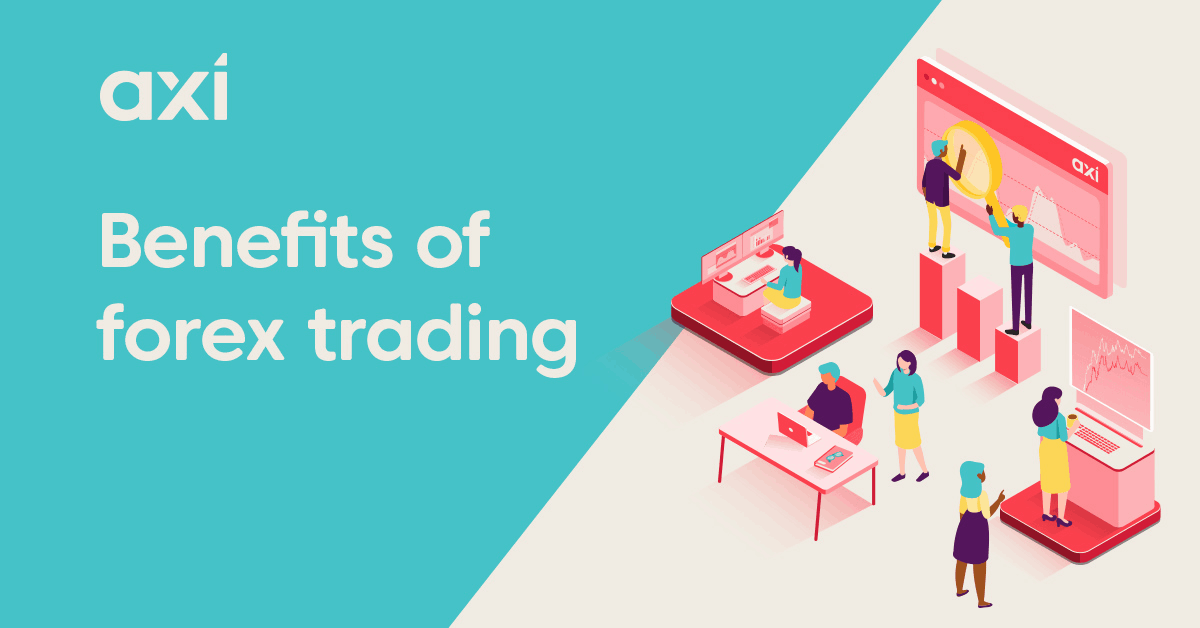
Demo traders are a great way to gain valuable knowledge and experience in the Forex markets. Once it reaches a certain point, the demo trader ceases to be useful and becomes a hindrance. Fortunately, you can still use it to help you learn the ins and outs of trading without risking your real money. Here are some tips that will help you maximize the potential of this software.
Virtual money allows you to trade
Demo accounts on certain trading platforms allow you practice your trades with real money. The Think or Swim platform, offered by TD Ameritrade, allows virtual money to be traded and provides advanced trading tools. NinjaTrader, one such option, is available. NinjaTrader offers virtual currency markets and simulation tools that allow day traders to practice their strategies. It's a great choice for traders who are unsure of the risks associated with trading with real money.

Position size
One of the best tools you have to improve your trading success is the ability adjust your position size. Trader who is only willing to risk 20% of his capital may struggle to remain calm and move quickly. He will likely feel immense stress and panic when the position moves against them, and will likely close out the position as soon the position becomes profitable. A trader who takes only one percent of the capital risk will likely remain calm and collected even though the position is in his favor.
Slippage
Slippage refers the price difference between the order's opening price and the closing price. Slippage can pose a problem in live trading because it could interfere with your trading plan. In addition, slippage can increase your losses and decrease your profits. Slippages in demo trading are relatively rare, and you are not likely to experience them. Here are some reasons demo accounts can slippage. Keep reading to find out how to prevent this from happening.
Environment for trading
A demo trader trading environment allows you to simulate all of the conditions of a live trading environment, except for the actual market availability. This means that all trades you make for spreads will be executed. Demo trading environments are different from live trading because spreads increase trading costs and market availability. Demo accounts can have spreads and data feeds that are different from live trading.

Trading strategies
There are some key differences in demo trading and live trades. Live trading means that traders will be taking on real risk while demo trading does not. But they need to follow risk management strategies in an effort not to lose money. Demo account traders have the ability to make mistakes and not lose any real money. They can also practice risk management skills and keep track of their trading journal before they trade in real money. Demo trading allows traders to practice risk management tools and can make large transactions without taking any real risks.
FAQ
How are securities traded?
The stock exchange is a place where investors can buy shares of companies in return for money. To raise capital, companies issue shares and then sell them to investors. These shares are then sold to investors to make a profit on the company's assets.
Supply and demand determine the price stocks trade on open markets. When there are fewer buyers than sellers, the price goes up; when there are more buyers than sellers, the prices go down.
Stocks can be traded in two ways.
-
Directly from company
-
Through a broker
Is stock marketable security a possibility?
Stock is an investment vehicle that allows investors to purchase shares of company stock to make money. You do this through a brokerage company that purchases stocks and bonds.
You could also choose to invest in individual stocks or mutual funds. There are more than 50 000 mutual fund options.
There is one major difference between the two: how you make money. Direct investment earns you income from dividends that are paid by the company. Stock trading trades stocks and bonds to make a profit.
In both cases you're buying ownership of a corporation or business. But, you can become a shareholder by purchasing a portion of a company. This allows you to receive dividends according to how much the company makes.
Stock trading offers two options: you can short-sell (borrow) shares of stock to try and get a lower price or you can stay long-term with the shares in hopes that the value will increase.
There are three types: put, call, and exchange-traded. You can buy or sell stock at a specific price and within a certain time frame with call and put options. ETFs are similar to mutual funds, except that they track a group of stocks and not individual securities.
Stock trading is very popular since it allows investors participate in the growth and management of companies without having to manage their day-today operations.
Although stock trading requires a lot of study and planning, it can provide great returns for those who do it well. To pursue this career, you will need to be familiar with the basics in finance, accounting, economics, and other financial concepts.
What is the difference of a broker versus a financial adviser?
Brokers are individuals who help people and businesses to buy and sell securities and other forms. They take care of all the paperwork involved in the transaction.
Financial advisors are specialists in personal finance. They are experts in helping clients plan for retirement, prepare and meet financial goals.
Banks, insurance companies or other institutions might employ financial advisors. You can also find them working independently as professionals who charge a fee.
It is a good idea to take courses in marketing, accounting and finance if your goal is to make a career out of the financial services industry. You'll also need to know about the different types of investments available.
Can you trade on the stock-market?
Everyone. Not all people are created equal. Some people have more knowledge and skills than others. So they should be rewarded for their efforts.
However, there are other factors that can determine whether or not a person succeeds in trading stocks. You won't be able make any decisions based upon financial reports if you don’t know how to read them.
Learn how to read these reports. Each number must be understood. It is important to be able correctly interpret numbers.
You will be able spot trends and patterns within the data. This will enable you to make informed decisions about when to purchase and sell shares.
And if you're lucky enough, you might become rich from doing this.
What is the working of the stock market?
When you buy a share of stock, you are buying ownership rights to part of the company. A shareholder has certain rights over the company. He/she can vote on major policies and resolutions. He/she has the right to demand payment for any damages done by the company. He/she can also sue the firm for breach of contract.
A company cannot issue more shares than its total assets minus liabilities. This is called "capital adequacy."
A company with a high ratio of capital adequacy is considered safe. Low ratios make it risky to invest in.
Statistics
- "If all of your money's in one stock, you could potentially lose 50% of it overnight," Moore says. (nerdwallet.com)
- The S&P 500 has grown about 10.5% per year since its establishment in the 1920s. (investopedia.com)
- For instance, an individual or entity that owns 100,000 shares of a company with one million outstanding shares would have a 10% ownership stake. (investopedia.com)
- Our focus on Main Street investors reflects the fact that American households own $38 trillion worth of equities, more than 59 percent of the U.S. equity market either directly or indirectly through mutual funds, retirement accounts, and other investments. (sec.gov)
External Links
How To
What are the best ways to invest in bonds?
You will need to purchase a bond investment fund. While the interest rates are not high, they return your money at regular intervals. You can earn money over time with these interest rates.
There are many ways you can invest in bonds.
-
Directly buying individual bonds.
-
Purchase of shares in a bond investment
-
Investing through a bank or broker.
-
Investing through an institution of finance
-
Investing through a pension plan.
-
Invest directly through a broker.
-
Investing via a mutual fund
-
Investing with a unit trust
-
Investing through a life insurance policy.
-
Private equity funds are a great way to invest.
-
Investing via an index-linked fund
-
Investing in a hedge-fund.